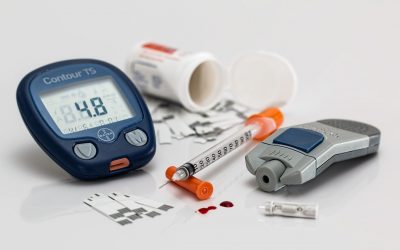We live in a society where it is all to common for us to have desk jobs, drive to work, spend our down time in front of the TV or computer and even exercise whilst sitting down (spin classes). Adults of working age in England average 9.5 hours per day sedentary time, which doesn’t include when they are asleep. Yes you read that correctly, nine and a half hours! Furthermore, between the ages of 65 and 74, sedentary time increased to 10 hours per day and 11 hours per day for those over 75. This is a massive problem as individuals who spend extended periods of time sitting have been shown to have higher rates of cardiovascular disease, diabetes and depression. Even if you’re not overweight, being sedentary for long periods can put you at a greater risk. Research also shows that sitting for prolonged periods can slow your metabolism, which affects blood pressure and the body’s ability to regulate blood sugar both of which are risk factors for heart disease. The alarming thing for me is that its not just our body which is being effected but our mental state as well.
The Department of Health suggest there are two issues with the amount time spent sitting. The first one is quite obvious, being how long you sit for throughout the day. The other is how often you break up the sitting. They suggest moving five minutes every half an hour.
So, what can we do to break up the amount of time we are sitting? Here are a few suggestions…
- Stand up and walk around during TV ad breaks
- Use wireless headphones for work, during longer calls get up and move around
- Walk on your lunch break
- Move the kettle further away
- Use a smaller mug (more trips)
- Invest in a standing desk
- Set a timer for 30-60 mins- when it rings get up and stretch or move around
- Stand during meetings/ on train or bus to work
- Try a new exercise class different to spin
- Get a dog
- Do a healthy hearts academy workout!
To sum up, if you are someone who spends too long sitting each day, it may be time to do something about it, if not for your physical health then for your mental health. Use some of the suggestions above or come up with your own ways to break up the sitting time, be inventive and have fun with it… you’ll be more likely to stick to it that way. I’d love to hear some of your creative ways too reduce sitting time, your suggestion may help someone else.









